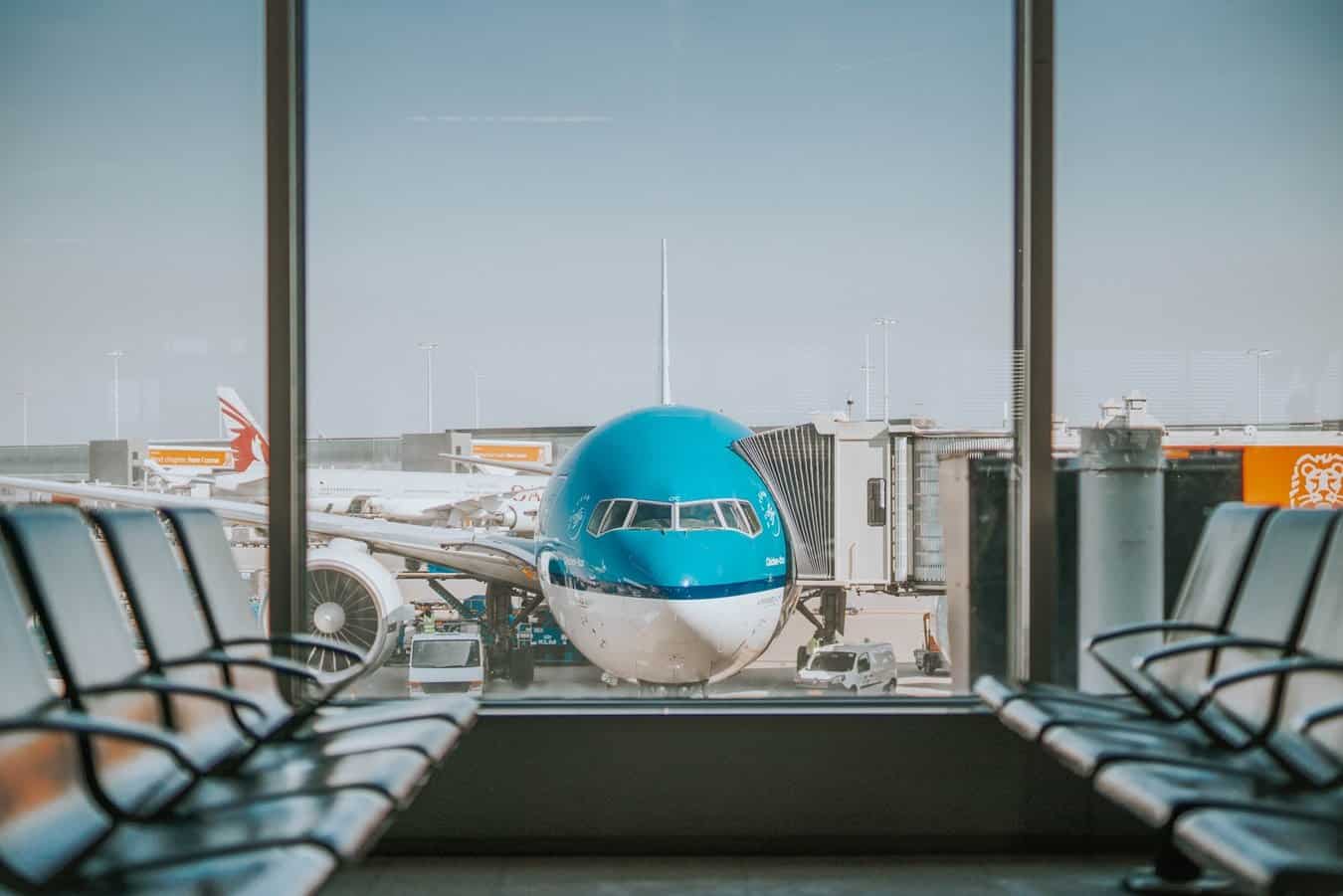
Nicholas Anway is a student at Harvard Law School.
In today’s news and commentary: employers push for an autumn return to the office, and staffing shortages continue to plague the airline industry.
As Labor Day approaches, employers are once again pushing for a return to the office. “A number of companies, including Apple, Capital One, Comcast and The New York Times Company, are setting fresh guidelines around returning to the office for September,” the New York Times reported. Many employers argue that returning to the office is justified by operational concerns like financial planning and legal compliance. Employees worked remotely more than employers predicted last spring, making planning difficult in some contexts. And “a recent survey of human resources professionals showed that 39 percent had found an employee working in a location where their business didn’t have tax approval to operate.” But many employees benefit tremendously from the flexibility of remote work—and prefer it. A recent Gallup survey found that “[m]ore than one-third of U.S. workers who can do their jobs from home want to stay permanently remote.” Against this backdrop, employees are pushing back on return to office policies, and “executives realize that if they don’t persuade their employees to come back now, with pandemic restrictions eased in most areas, the new norms of flexible work will be hard to unstick.”
Widespread flight cancellations and delays continue to hamper the airline industry; last week, more than 8,000 delays racked airports from Texas to New York. Analysis from the Washington Post argues that this summer’s travel meltdowns continue to be driven by ongoing staffing shortages. Although data from the Bureau of Transportation Statistics shows that, “as of June, passenger airline employment in the U.S. was just 0.6 percent below pre-pandemic levels,” airline workforces are far less experienced than they were before the pandemic. That’s because “[w]hen airlines went through the initial shock of the pandemic, they encouraged employees to retire early or take voluntary separation leave—particularly more senior staff.” Junior employees are “not able to work as quickly or efficiently as someone with 30 years of experience,” reducing airline workforce capacity. Airline employees are also overworked. “Jaime Contreras, executive vice president for 32BJ SEIU, which represents 2,500 contracted service employees at airports in the D.C. area, says workers tell him that they’re feeling short-staffed in their jobs,” a sentiment that is shared by airline pilots according to the Allied Pilots Association. Ongoing staffing shortages are creating dangerous conditions like pilot fatigue and lowering airlines’ quality of service for customers, the Post reported. Despite billions of dollars in federal aid, “there was a 35 percent increase in service complaints from May to June, and complaints are nearly 270 percent above pre-pandemic levels.”






Daily News & Commentary
Start your day with our roundup of the latest labor developments. See all
February 24
In today’s news and commentary, the NLRB uses the Obama-era Browning-Ferris standard, a fired National Park ranger sues the Department of Interior and the National Park Service, the NLRB closes out Amazon’s labor dispute on Staten Island, and OIRA signals changes to the Biden-era independent contractor rule. The NLRB ruled that Browning-Ferris Industries jointly employed […]
February 23
In today’s news and commentary, the Trump administration proposes a rule limiting employment authorization for asylum seekers and Matt Bruenig introduces a new LLM tool analyzing employer rules under Stericycle. Law360 reports that the Trump administration proposed a rule on Friday that would change the employment authorization process for asylum seekers. Under the proposed rule, […]
February 22
A petition for certiorari in Bivens v. Zep, New York nurses end their historic six-week-strike, and Professor Block argues for just cause protections in New York City.
February 20
An analysis of the Board's decisions since regaining a quorum; 5th Circuit dissent criticizes Wright Line, Thryv.
February 19
Union membership increases slightly; Washington farmworker bill fails to make it out of committee; and unions in Argentina are on strike protesting President Milei’s labor reform bill.
February 18
A ruling against forced labor in CO prisons; business coalition lacks standing to challenge captive audience ban; labor unions to participate in rent strike in MN